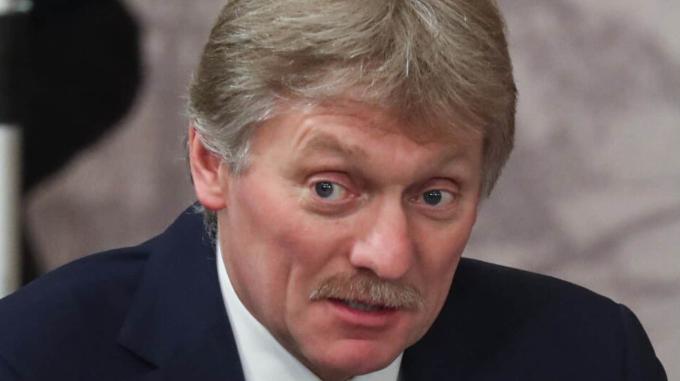Estonia announces plans to deploy nuclear-capable NATO aircraft, Kremlin calls it a “threat”

The Kremlin has reacted sharply to Estonia's statement on the possibility of deploying nuclear weapons in the country, calling such intentions a direct threat to Russia. On Monday, June 27, during a briefing, Russian President Vladimir Putin's press secretary Dmitry Peskov separately expressed his opinion on the issue, calling the Estonian authorities' plans "dangerous" and that their implementation could negatively affect regional security. Earlier that day, Estonian Defense Minister Hanno Pevkur confirmed his country's readiness to host NATO fighters capable of carrying nuclear weapons. According to him, the country already has experience with the presence of F-35 multi-role fighters in Estonia, which regularly return to participate in joint exercises and operations as part of rotational activities. Pevkur stressed that the Estonian side is fully prepared to continue to receive allied aircraft, including those capable of carrying nuclear weapons, and expressed openness to such cooperation. Commenting on the minister's words, Peskov noted that any deployment of nuclear weapons carriers in Estonia poses an "immediate threat" to Russia's security. He stressed that in response to such steps, Moscow is monitoring the situation, but, according to the Kremlin spokesman, Russia "actually does not have full-fledged diplomatic relations" with the Baltic countries, with which there have been strong disagreements and tensions recently. It should also be noted that these statements were made in the context of the UK's decision to purchase twelve F-35A multi-role fighters from the US, capable of using both conventional weapons and tactical nuclear weapons. This means a strengthening of NATO's military potential in the region and possible new escalation threats, as Moscow does not hide its concern about the deployment of strategic weapons in the vicinity of its borders. Thus, the crisis surrounding the deployment of nuclear weapons in the Baltic states further complicates the situation in the region, deepens tensions between Moscow and NATO countries, and creates new challenges in the field of security and stability in Eastern Europe.

